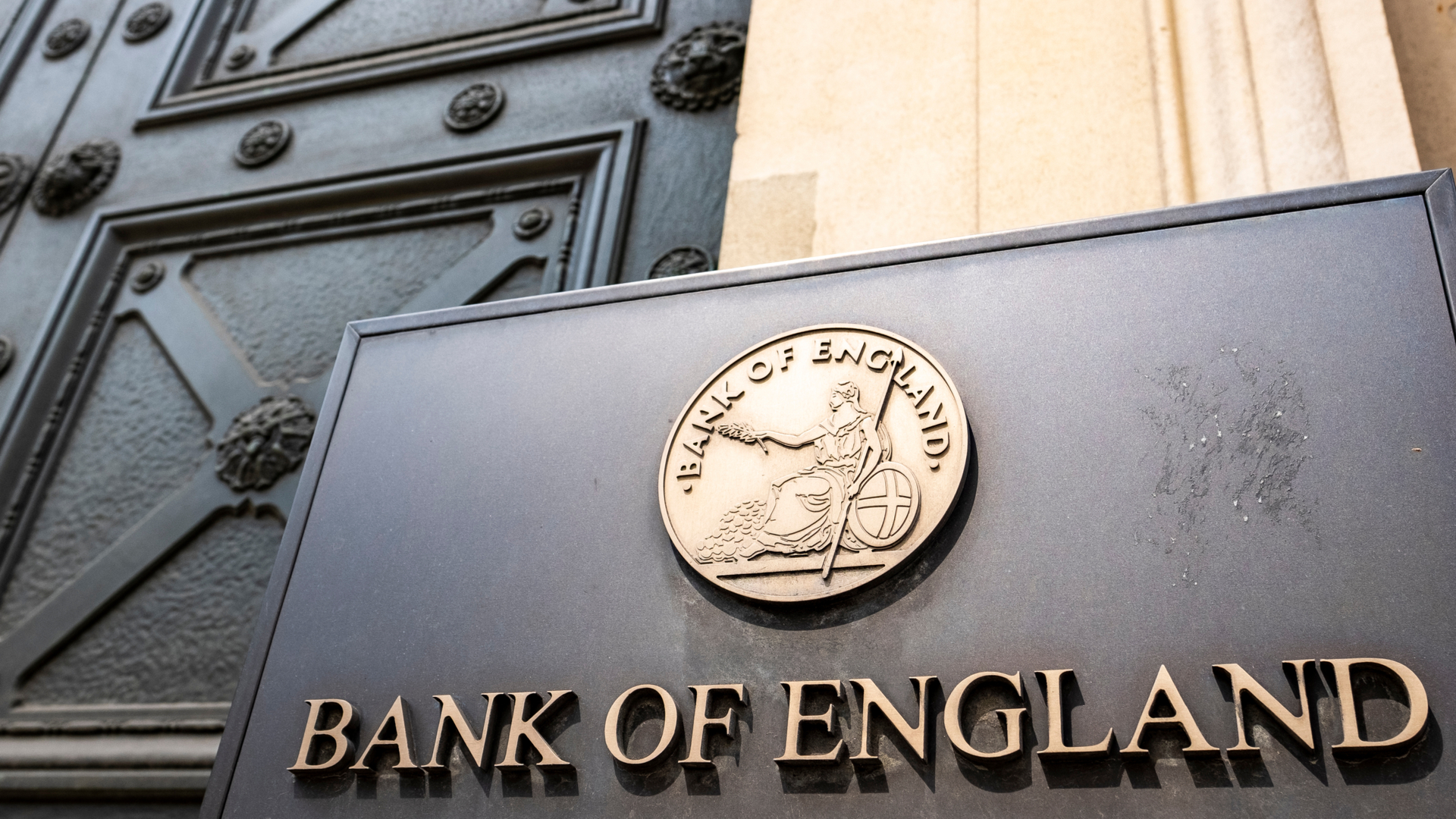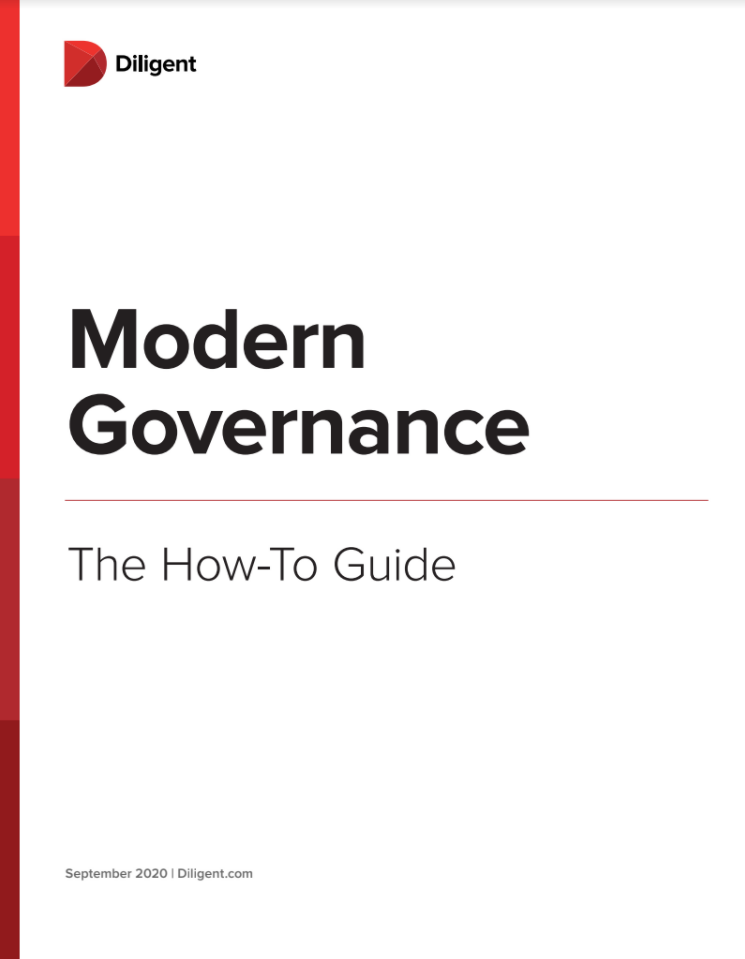No “convincing case” for UK centralised digital currency, says Lords committee
A digital currency could increase financial instability and erode privacy protections, House of Lords warns


There is no convincing case for the UK to introduce a central bank digital currency (CBDC) and to do so could create significant challenges for financial stability.
That's according to a new report from the House of Lords, which also argued that a centralised digital currency would also increase concerns about the potential for wider surveillance among the general public.
The report, published today by the Lords’ Economic Affairs Committee, examined the potential impact of the introduction of a CBDC in the UK. It makes several recommendations to the taskforce established by the UK government in April last year to explore the launch of a UK CBDC.
A CBDC is a form of central bank electronic money that could be used by businesses and households to make payments, like a digital banknote. The Bank of England has said that it could create new opportunities for payments and the way it keeps prices and the whole UK financial system stable.
The committee said that it has yet to hear a convincing case as to why the UK needs a retail CBDC. Although it may provide some advantages on speed of settlement and cheaper and faster cross-border payments, it would present significant challenges for financial stability and the protection of privacy.
It added that more work remains to be done to find workable solutions that do not entail difficult design trade-offs, which might make a CBDC unattractive.
The report called on the taskforce to set out the most significant long-term problem, or problems, it believes CBDC may be the answer to, and its assessment should compare CBDCs against alternative means of achieving the same aims.
Get the ITPro daily newsletter
Sign up today and you will receive a free copy of our Future Focus 2025 report - the leading guidance on AI, cybersecurity and other IT challenges as per 700+ senior executives
However, the committee admits that while there appear to be no significant advantages for the UK in being an early adopter of CBDCs, it recognises that consumer payment preferences, technological developments, and the choices of other countries may enhance the case for a UK CBDC in the future. It also underlined that the long lead times involved in scoping and developing a CBDC mean the taskforce should continue to assess the rationale and technology in preparation for such a measure possibly being needed in the future.
RELATED RESOURCE

Modern governance: The how-to guide
Equipping organisations with the right tools for business resilience
“The introduction of a UK central bank digital currency would have far-reaching consequences for households, businesses, and the monetary system. We found the potential benefits of a digital pound, as set out by the Bank of England, to be overstated or achievable through less risky alternatives,” said Lord Forsyth of Drumlean, chair of the House of Lords Economic Affairs Committee.
Forsyth added that the committee took evidence from a number of witnesses and none of them were able to give a compelling reason as to why the UK needed a central bank digital currency. He said the concept seems to present a lot of risk for very little reward.
The report also found that there are two main security risks posed by CBDC. First, individual accounts may be compromised through weaknesses in cyber security. Second, the centralised CBDC ledger, a critical piece of national infrastructure, could be a target for attack from hostile state and non-state actors. Any CBDC system would need to be adaptable to emerging security threats and technological change, including quantum computing, the report found.
It added that there could be benefits from the introduction of a wholesale CBDC for use between financial institutions, by further enhancing efficiency in securities trading and settlement, but further exploration is necessary.
The committee said that without safeguards, such as a limit on the amount of CBDC an individual can hold, financial instability could be exacerbated during periods of economic stress as people replace bank deposits with CBDC which may be perceived as safer.
It emphasised that to prevent their use in large-scale criminal activity, any CBDC system couldn't support anonymous transactions in the same way that cash can be spent anonymously. Although there are design options that would provide some privacy safeguards, technical specifications may be insufficient to counter public concern over the risk of state surveillance and could draw the Bank of England into controversial debates on privacy.
A CBDC could also enable central banks to conduct forms of unconventional monetary policy more easily. Although the Governor of the Bank of England told the committee he didn’t see a CBDC as a way to implement monetary policy, the committee noted that his successors may disagree. These measures could increase the bank’s role and influence in the economy and any changes to the bank’s monetary policy toolkit should be scrutinised carefully.
Lastly, the introduction of CBDCs by the UK’s strategic competitors may have consequences for western foreign policy too. The global reliance on the US dollar and the SWIFT messaging system which supports cross-border payments has enhanced the US’s ability to implement sanctions. The report underlined that for some countries, a motive behind CBDC development is to reduce their reliance on the US dollar and try to avoid sanctions.
The report warned that this trend could erode the US dollar’s sanctions leverage and it recommended the Treasury’s Office of Financial Sanctions Implementation to assess whether similar risks exist for the sterling and euro.
What is a Central Bank Digital Currency?
A central bank digital currency (CBDC) is different to a cryptocurrency like Bitcoin, which is privately issued and not backed by any central party.
A CBDC would be a form of central bank electronic money that could be used by businesses and households to make payments, like a digital banknote. It would be the only form of electronic money available to the public that is issued by the Bank of England.
Currently there are three types of money in the UK: bank deposits, banknotes, and reserves. Banknotes and reserves (commercial bank deposits which are stored in Bank of England accounts) are central bank money. Bank deposits, on the other hand, are commercial bank money.
Around 97% of money owned by the public makes up commercial bank deposits and the other 3% is cash. Bank deposits can be easily converted into central bank money by withdrawing cash. This is currently the only form of central bank money which the public has access to. However, a CBDC would be a new form of central bank money which would be safe and free of credit risk in the same way as banknotes.
Zach Marzouk is a former ITPro, CloudPro, and ChannelPro staff writer, covering topics like security, privacy, worker rights, and startups, primarily in the Asia Pacific and the US regions. Zach joined ITPro in 2017 where he was introduced to the world of B2B technology as a junior staff writer, before he returned to Argentina in 2018, working in communications and as a copywriter. In 2021, he made his way back to ITPro as a staff writer during the pandemic, before joining the world of freelance in 2022.
-
 The UK government wants quantum technology out of the lab and in the hands of enterprises
The UK government wants quantum technology out of the lab and in the hands of enterprisesNews The UK government has unveiled plans to invest £121 million in quantum computing projects in an effort to drive real-world applications and adoption rates.
By Emma Woollacott Published
-
 Netgear WBE710 review
Netgear WBE710 reviewReviews The compact WBE710 delivers great cloud management features and a good turn of Wi-Fi 7 speed – but it does have a premium price tag
By Dave Mitchell Published